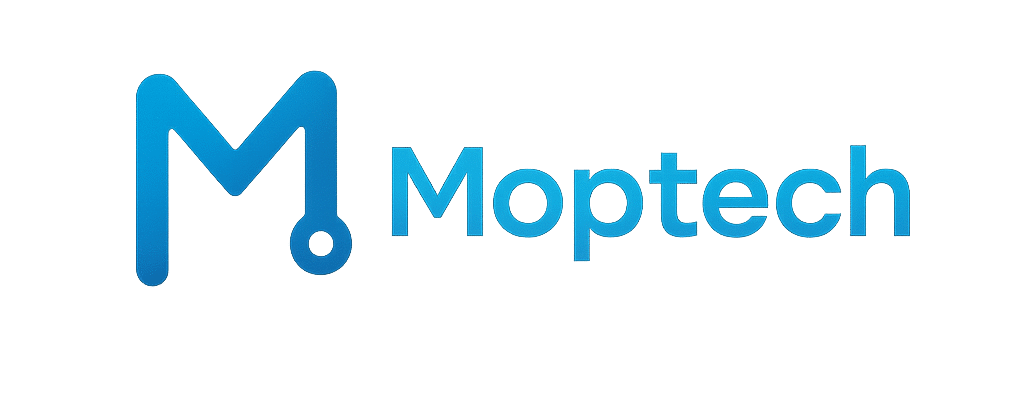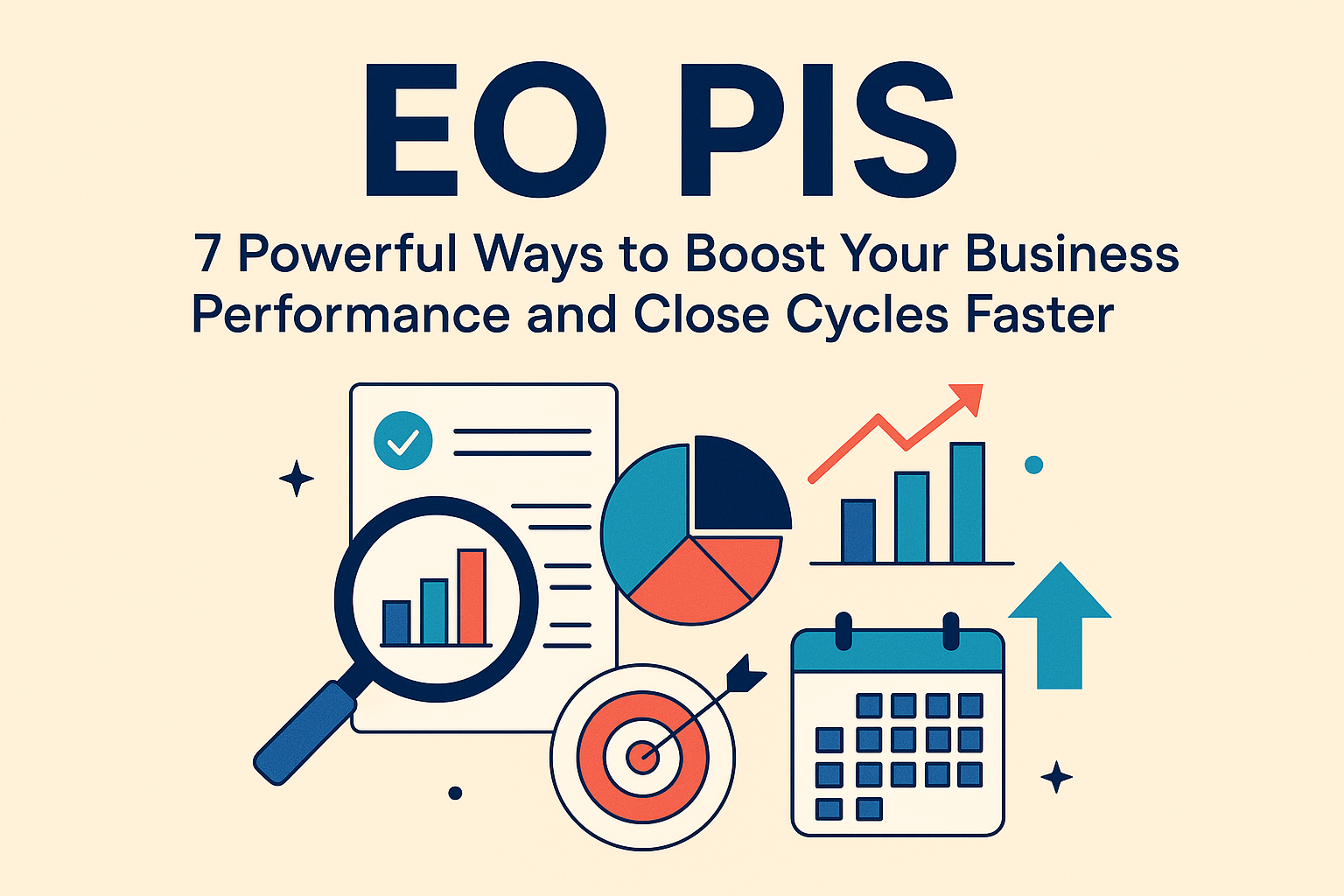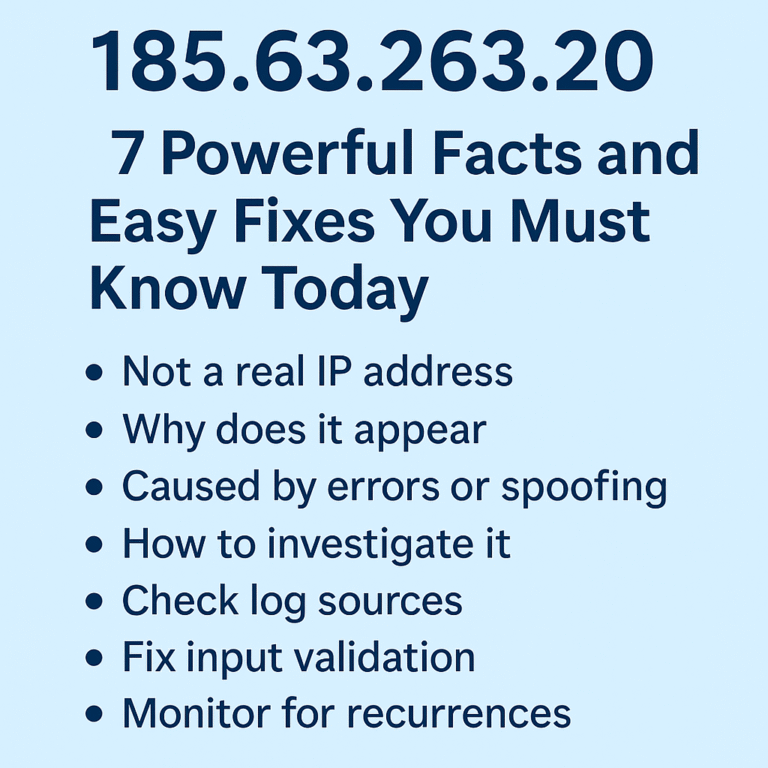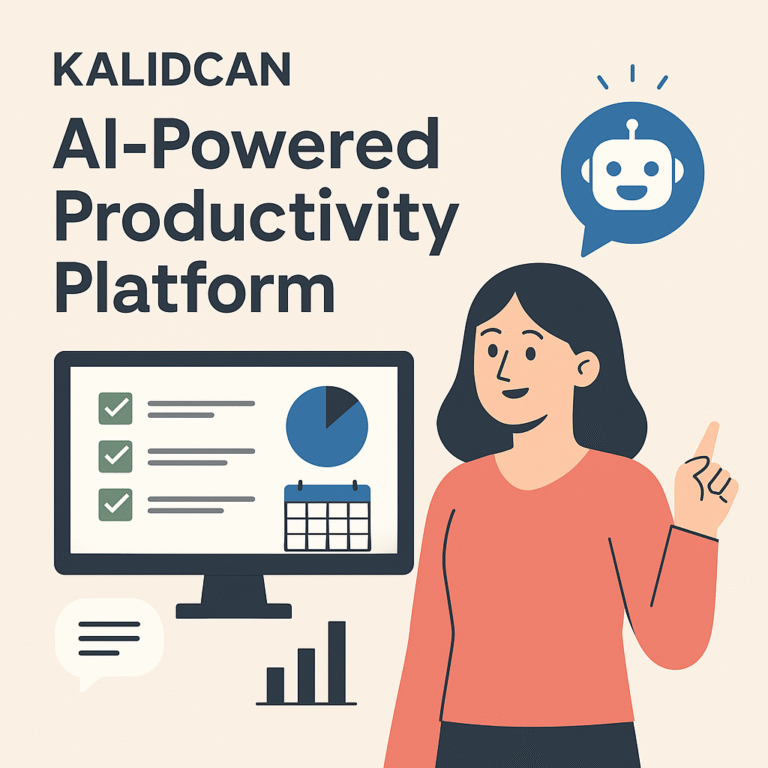EO PIS : A Simple Guide to End of Cycle Performance System
Modern companies need to move fast and make decisions based on real facts, EO PIS means End of Cycle Performance Indicator System, it helps a business check its work at the end of each period and see what went well and what needs to improve, EO PIS collects data checks it for errors and turns it into useful reports, these reports help leaders understand results quickly and act with confidence
What is EO PIS
EO PIS is a method or system that gathers data when a business period ends, it could be the end of a month a week a shift or a project, it brings all the numbers together and shows a clear picture of what happened
EO PIS can mean
- End of Period Information System
- End of Process Information System
- Executive Operations Performance Indicator System
All of these mean the same basic idea, it is a tool that turns raw data into clear facts at the end of each work cycle
Why EO PIS is Important
Every business wants to finish each reporting period on time and with correct numbers
EO PIS helps achieve this goal through five main benefits
Faster results
Reports come out sooner because data moves automatically through the system
Accurate information
The system checks every record so mistakes are caught early
Easy to trace
Every action and change has a record so anyone can check how results were made
Better teamwork
All departments use the same data which removes confusion and extra work
Smart decisions
Managers can see clear numbers and choose the right next steps
Main Parts of EO PIS
An EO PIS has several parts that work together to collect and clean data and show it in simple reports
| Part | What it Does | Example Use |
|---|---|---|
| Ingestion | Brings data from many sources into one place | Pulls data from sales or production systems |
| Validation | Checks if data is complete and correct | Finds missing or wrong entries |
| Storage | Keeps data safe for future use | Saves records in a data system |
| Reporting | Turns data into charts and summaries | Makes dashboards for managers |
| Governance | Makes sure data is secure and easy to audit | Tracks who changed what and when |
How EO PIS Helps Different Areas
EO PIS can be used in many industries, here are some common examples
Finance
- Gathers all financial data at month end
- Creates profit and loss summaries
- Speeds up financial close work
Manufacturing
- Collects machine data for each shift
- Shows output rate and downtime
- Helps plan maintenance and improve flow
IT Operations
- Lists system issues for each sprint or release
- Reports on uptime and service quality
- Helps teams fix repeating problems
Logistics
- Brings together shipment and delivery data
- Tracks delivery time and order accuracy
- Finds weak points in supply lines
What EO PIS Measures
EO PIS tracks two types of measures, one set shows business results, the other shows how good the data process itself is
Business results include
- Total output or sales
- Number of defects or errors
- Time taken to finish tasks
- Energy or material use
- Customer satisfaction
Data process results include
- How long it takes to close the period
- How many manual edits are needed
- How much data passed quality checks
- How many reports were late or wrong
| Measure | Target | How Often | Who Tracks It |
|---|---|---|---|
| Data quality score | Above 98 percent | Monthly | Data team |
| Close cycle time | Under 3 days | Monthly | Finance team |
| Manual edits | Less than 5 percent | Monthly | Process owners |
| Report delivery | On time always | Monthly | IT team |
How to Build EO PIS
Building EO PIS is a step by step job, start small and grow as the system proves value
Set the time period
Decide what counts as the end of a cycle
It could be a day a week or a month
List all data sources
Write down where your numbers come from
Include systems and people who give input
Define your key measures
Pick the most important indicators to track each period
Choose simple tools
Use basic data systems at first and upgrade later
Test with one area
Start with one team and measure how long and how well it works
Automate tasks
Let the system move and check data without manual work
Review and improve
Keep checking where the process is slow or weak and fix it
Good Habits for EO PIS
- Give each team clear roles and ownership of their data
- Use the same names and formats for all reports
- Keep track of every rule used to check data
- Watch for errors and missing entries early
- Make sure everyone can see dashboards easily
- Update the system to handle more data over time
Common Problems and Fixes
| Problem | What Happens | How to Fix |
|---|---|---|
| No clear owner | Nobody checks data quality | Assign one person per area |
| Manual changes | Reports become wrong | Lock reports and use system updates only |
| Broken data feeds | Data stops coming in | Add alerts for missing files |
| Hidden errors | Mistakes found too late | Add automatic checks |
| Too much control in one team | Work slows down | Share rights across trained teams |
Real Example
A factory had trouble closing reports each month, each site sent its own sheet by email and numbers never matched
After EO PIS was set up
- All machines sent data directly to one system
- Rules checked totals for each shift
- A single dashboard showed every result
- Reports were ready in two days instead of five
- Manual work fell by seventy percent
Leaders could now see which line worked best and which one needed repair, this simple system saved time and built trust in the data
Future of EO PIS
EO PIS is moving toward smarter and faster systems
New trends include
- Real time updates so you do not wait for period end
- Machine learning that finds mistakes automatically
- Predictive alerts that show if targets may be missed
- Simple tools that let anyone check data without help
- Secure data contracts that stop hidden changes
Soon EO PIS will give instant results with less manual work and fewer errors
Main Benefits
| Benefit | Result |
|---|---|
| Quick close | Reports ready faster |
| Trusted data | One version of truth |
| Simple audits | Easy to trace every step |
| Less manual work | Teams save time |
| Better plans | Leaders see real facts |
| Ready to grow | System handles more data easily |
Key Points to Remember
- EO PIS means a clear and repeatable way to end each business period
- It uses data from all areas to make one trusted report
- It saves time and cuts down mistakes
- It works for any team such as finance operations or production
- It can grow with the business as data increases
Easy Action Plan
Follow these simple steps to start your own EO PIS journey
- Pick one process that closes every month
- Collect all data used for that process
- Choose three or four key measures that show success
- Build a small system that gathers and checks this data automatically
- Share one simple dashboard with your team
- Fix weak points and repeat the process in other areas
- Keep watching data quality and close time
Frequently Asked Questions
What is EO PIS?
EO PIS means End of Cycle Performance Indicator System, it is a simple method that helps a business collect and check data at the end of each work period to create clear and trusted reports
Why is EO PIS important for a business?
EO PIS is important because it makes reports faster and more accurate, it helps teams find errors early and gives leaders one clear picture of how the business is doing
How does EO PIS work?
EO PIS gathers data from many areas like sales production or finance, it checks and stores the data then turns it into easy reports that help people make smart choices
Who can use EO PIS?
Any business can use EO PIS, it works well for small and large companies in areas like manufacturing finance IT and logistics
What are the main benefits of EO PIS?
EO PIS saves time reduces mistakes and builds trust in company data, it gives fast reports and helps leaders take action based on true numbers
Conclusion
EO PIS is not just a tool but a habit of working with truth and order, it turns raw data into clear facts, it helps people trust numbers and act fast, with EO PIS every cycle ends with a clear picture and a strong start for the next one







